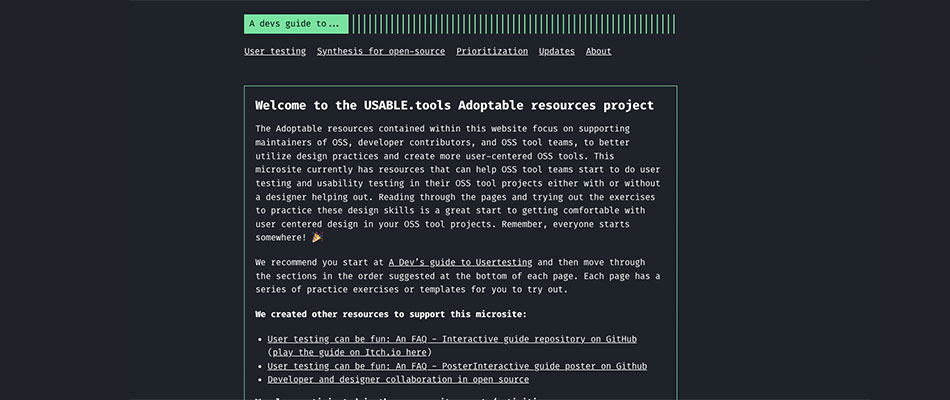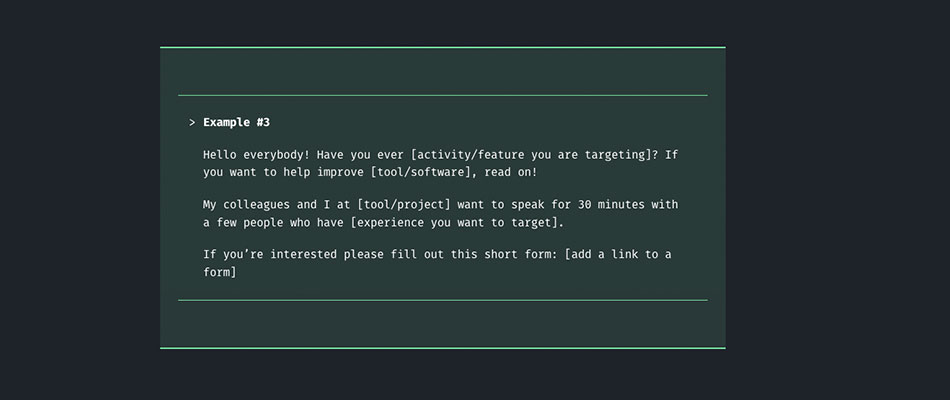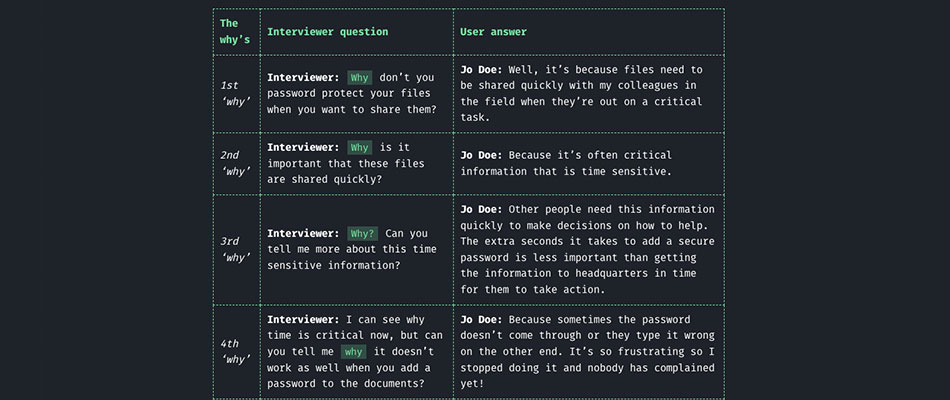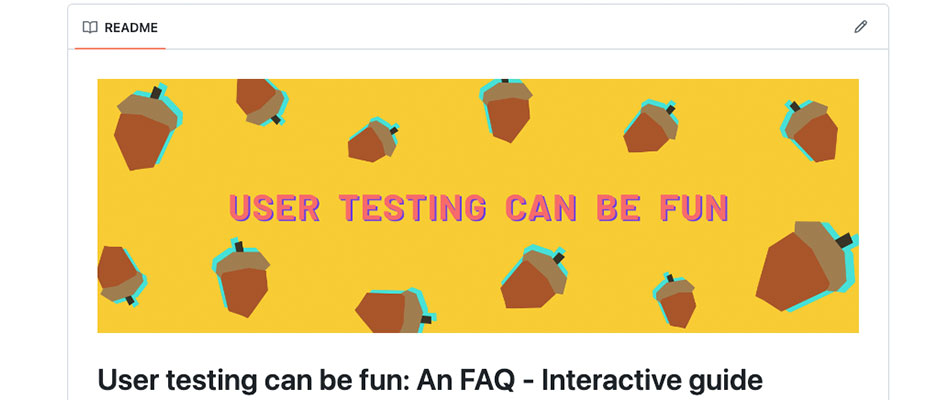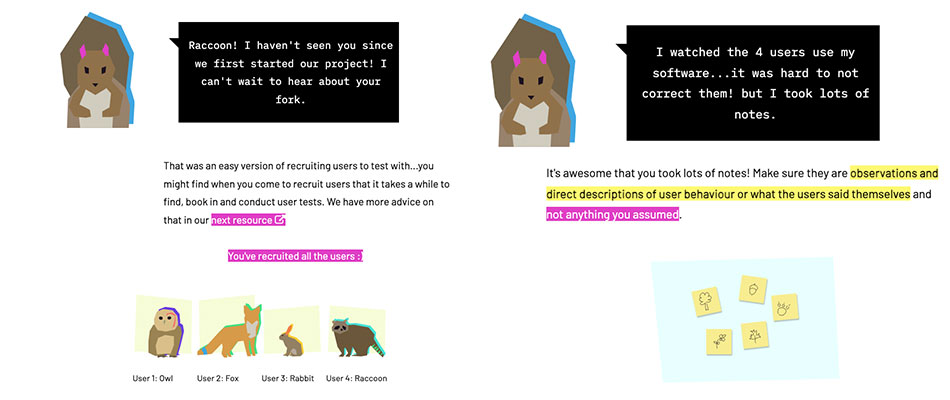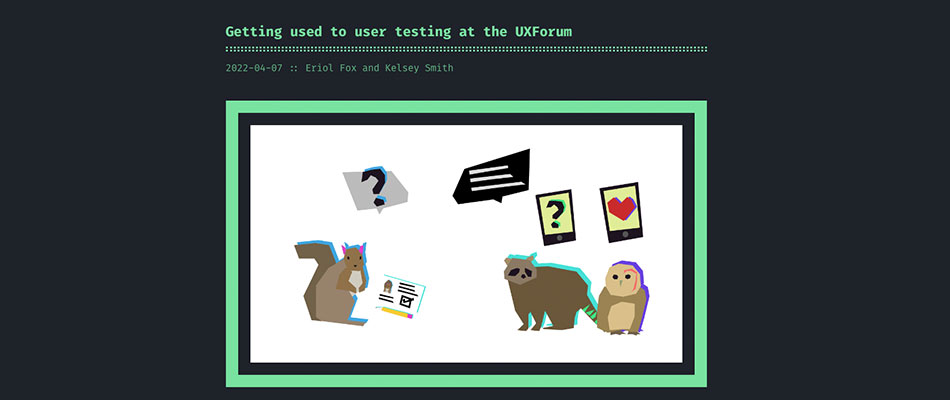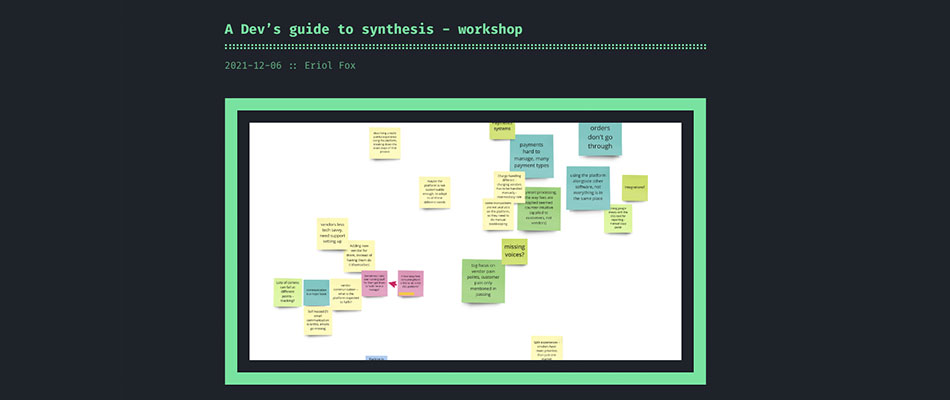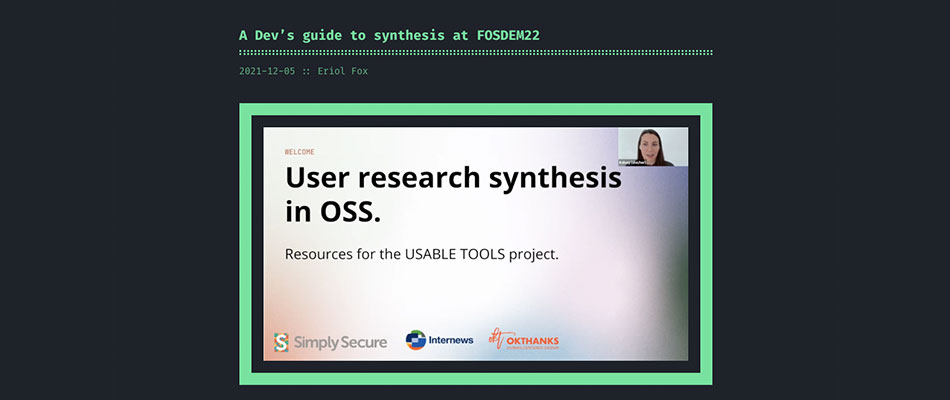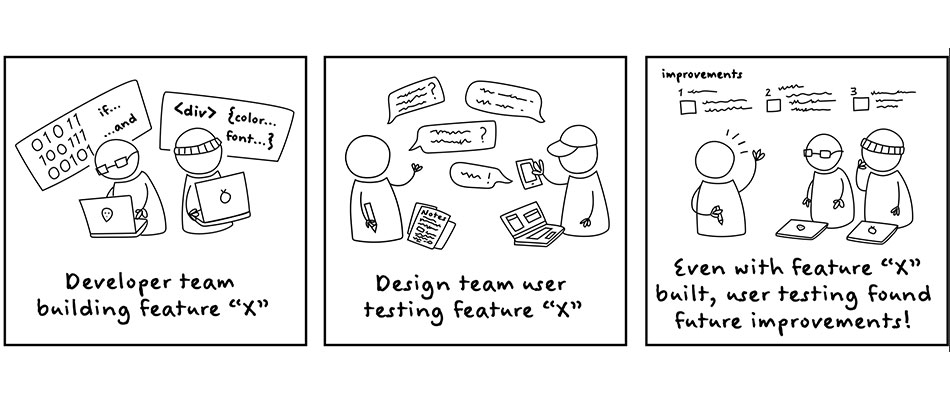Adoptable / Usable tools
Background and Objectives
This project was a large scale, multi-faceted project that involved design research skills, facilitation with stakedolders, creation of varied design resources and community dissemenation of the content. The organisation I worked for, Superbloom, partnered with another organisation Okthanks and the funder Internews.
The objective of Adoptable/USABLE Tools was to condust user research with open source privacy and security tool/software (OSS) teams and developers to first understand where the gaps in design knowledge are, where the misunderstandings of design and user research processes are and to learn in what mediums and methods did the developer and OSS community want to learn about design and user research. We also discovered, through the process of user research that the stages after design and user research were difficult for OSS projects to understand and resource time for.
I worked with a colleague and external partners on these resources and did both design and development work myself working with my colleague.
The microsite project we created includes the user research and usertesting process from deiciding on user research, usability test or user testing, planning what to user test, writing out recruitment and test scripts, collecting insight data and then collaborative synthesis of findings and how to apply those to development work.
Impact
The fact that this project had community engagement and resource publicity baked into the fund proposal ensured we caould maximise the impact. Often, design resources, even highly interactive and engaging ones are hard to embed into developer and OSS processes.
By spending time making short videos, attending and speaking at OSS related conferences and holding interactive workshops we were able to socialise the work and resources beyond social media Which we also did both ourselves as well as partnering wiht podcasts and news twitter accounts. We receive high praise from conference attendees, good traffic numbers to the micro-site and some issues raised on the OSS repo to improve certain aspects of the information.
When we gathered feedback from users and spoke about the work then many developers and OSS tool teams said how useful the templates, information and examples are in their day to day work.
As with most grant funded work, there are elements that can be improved and progressed but without ongoing sustainable funding then these elements cannot be worked on.
Outputs
- A ‘micro’ website, powered by an open repository using a markdown content structure. See micro-site here](https://sprblm.github.io/devs-guide-to/). See the open repo here.
- An interactive ‘game’ experience built in Twinery with illustrations. View ‘User testing can be fun’ repository here as well as play the game on itch.io here
- A poster format of the priciples of usertesting here
- A twitter takeover and interview for the imakeFOSS twitter account.
- A podcast episode with guests focussed on collaboration between developer and designers with a written transcript
- Our condensed talk video regarding synthesis process for FOSDEM. The synthesis guidance can be found here.
- Videos for both Mozfest conference and FOSS Asia describing the project in general.
- A series of roleplay activities and documents created for our UX Forum conference activity where we asked participants to roleplay interviewer and user.
New skills
I had previously made simple games using bitsy and Twinery and joined game jams before but this was my first time coding a full end to end interactive experience in Twinery.
I also managed what we focused our time on and how we strategically approached the publication of this project.
